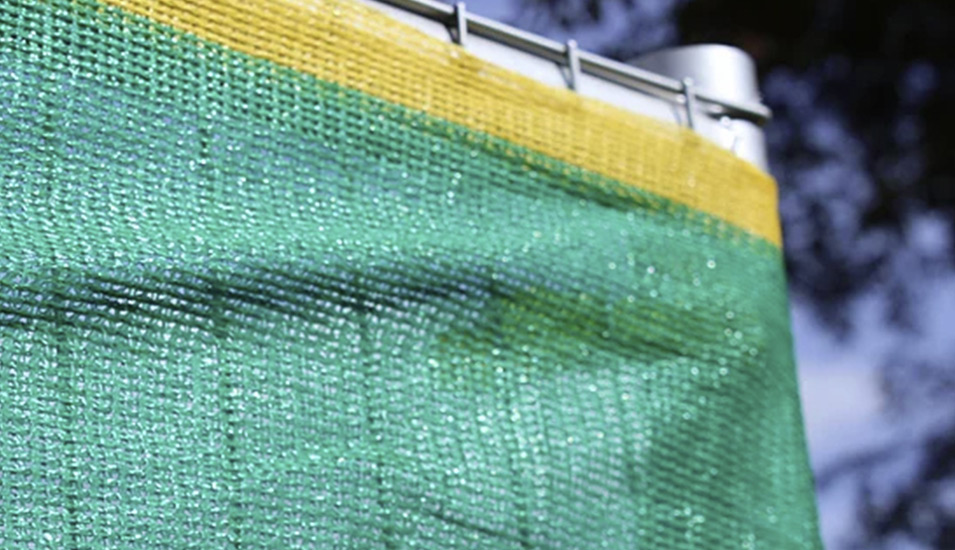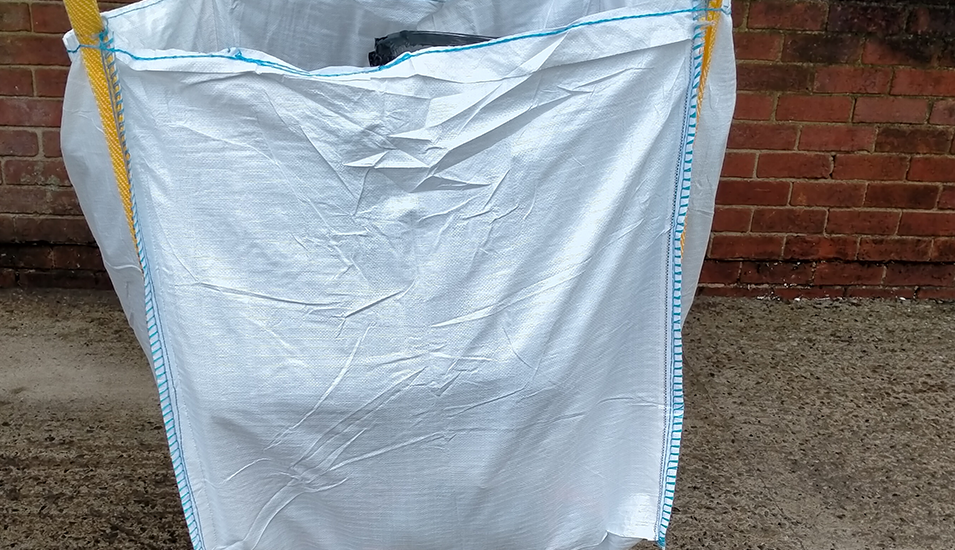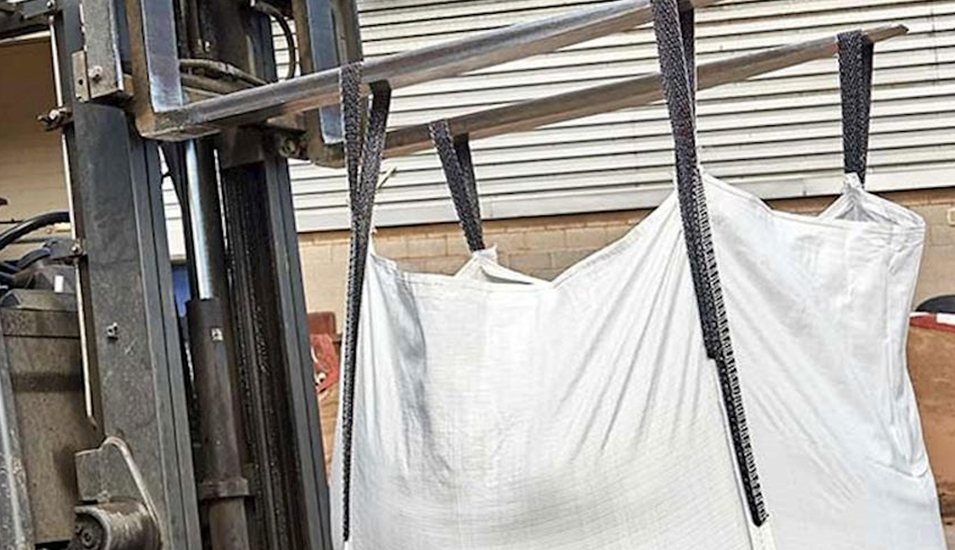
In this article, we are going to explore FIBC Bags and Bulk bags, giving you our top 5 list on what they can be used for.
These are Bulk bags that you would put anything into and then haul away to a landfill or somewhere else that is not your property.
Bulk bags come in many different weight capacities and sizes making them usable for everyone from the individual to the construction worker.
Flexible Intermediate Bulk Containers (FIBCs) are a fantastic option for transporting and storing dry flow-able products.
If you are currently exploring new methods for transporting and storing your dry flow-able product, here are five reasons why FIBC bags might be the one for you.
Table of contents:
What Are FIBC Bulk Bags?
FIBCs are also known as bulk bags, big bags and super sacks.
Essentially, an FIBC bag is industrial suitable bagging in which you can commonly store materials such as construction debris and agricultural waste.
The material in Bulk Bags or FIBC Bulk Bags can be made of polyethylene, canvas or other industrial fabrics.
Top 5 uses for FIBC Bulk Bags:
1. Construction and building materials
Within the construction industry people are heavily dependant on the fast and efficient supply of materials.
These materials might include: gravel, stone, sand, cement as well as minerals and metals.
As a result, it’s critical to have sturdy and long-lasting bags to transport building supplies.
The FIBC bag can fulfil the demands of the business since it is robust and adaptable enough to be relocated on-site.
Additionally, they may be readily utilized to move goods over vast distances.
Aside from these uses, FIBC Bags are used in a variety of sectors.
If you’re searching for a strong, sturdy, and long-lasting packing solution for your business, FIBC Bags are worth considering.
We can assist you in achieving greater profit and operational savings through an effective packing technique as a reputed FIBC Bulk Bag distributer.
If you would like to purchase FIBC Bulk Bags, visit Qube UK here.
2. Safe transportation of Critical Products
Some goods, are easily flammable and subject to static charges, which can cause explosions.
Why? Because this is why it’s tough to relocate them, therefore a packing technique that minimizes danger is required.
FIBC Bulk Bags provide you with a safe and inexpensive alternative for the transportation of potentially dangerous goods.
Static control bags are ideal for stacking, storing, raising, and transporting flammable commodities like petroleum.
One of the most significant features is that Bulk Bags ensure safe storage by preventing contact with critical components.
3. Carrying fine powder
When it comes to handling fine materials, I recommend using IFBC bags, particularly those with sift-proof seams.
This enables the FIBC Bulk Bags to maintain the fine powder from leaking from the bags.
In reality, Bulk bags with sift-proof seams can likewise be used in a small scale in addition to industrial applications.
Materials include:
Concrete, powdered metals, and minerals such as titanium dioxide, zinc ash, cobalt powder, carbon black, and food-grade powders like skimmed milk and spices to name a few.
A breathable FIBC bag might lose some of the contents, so if you’re transporting items like grains, choose a coated FIBC bag.
4. Transportation
The thermoplastic industry, which serves nearly every other sector in the globe, is extremely reliant on mass packing for its supply.
For example, Bulk Bags can transport large quantities of plastics such as:
High-density polyethylene (HDPE), low-density polyethylene (LDPE), linear low-density polyethylene (LLDPE) and medium-density on the same Bulk Bag.
Polyethylene is usually sent from the factory to factories as pellets.
When transporting and loading an FIBC bag it is done on pallets or by lifting it from the loops.
Depending on the style of the bag this can be done by one person or may take two.
Emptying the bags is easy, you can use the special discharge spout or simply cut it open
You no longer need to worry about bulk transportation of powdered and granular products. You can contact
5. Maintaining the quality and stability of agricultural products
Storage and transportation of agricultural products contribute to waste, which can be reduced with better packaging.
Agricultural Bulk Bags, also known as agricultural FIBC bags, are highly utilized in the agriculture industry.
Grain, bean and pea products, along with other animal feeds and fertilisers, are examples of products you’ll find in agricultural Bulk Bags.
These bags are made of a sturdy material that enables them to maintain their form while saving room on the way.
Furthermore, the breathable or “uncoated” form of FIBC Bulk Bags allows air and moisture to pass through more easily, reducing spoilage while maintaining the quality of agricultural products.
What Are the Different FIBC Designs?
There are four main designs of FIBCs, each with its own set of characteristics
Baffle Bags
Baffle bags can be identified by the presence of a piece of fabric on certain four-panel and tubular luggage.
The handle’s inner lining, as well as the sewn-in features on this tote, add stability and improve its appearance.
Baffle bags may help to increase efficiency in storage areas and shipments.
Tubuluar / Circular Bag
Tubular: Also known as a circular bag, this style lacks vertical seams.
The cloth is produced on a circular loom and cut and measured to different heights for various bag capacities.
Four-Panel
Four-panel: Four-panel bags are made from four distinct pieces of fabric that are then stitched together.
The pieces of cloth bundle are stitched together to make a bag that is nearly rectangular in shape.
U-Shape
The bag has a U-shaped profile, which is supported by the center panel. This design employs only one panel for the two opposing sides and the bottom, making it ideal for strength and structure.
To Summarise: Top 5 Uses For Bulk Bags And FIBC Bags
Why buy bulk bags?
- Bulk bags are often used instead of drums which can be dangerous for workers, Bulk Bags are much safer to handle.
- More economical than drums.
- Lighter than drums, typically by 15% or more.
- Have a larger capacity for the same volume as a drum making them easier to pack and ship.
- Bulk bags are most often made of Polyethylene, making them easy to clean and reuse.
- They can be crushed for storage, something drums cannot do.
- Bulk bags can be stacked for storage, reducing the amount of work needed in the warehouse or yard when they need to be stored temporarily.
Bulk Bags are an amazing way for transporting and storing different types of goods safely and efficiently.
Head over the the Qube UK website if you’re looking to purchase Bulk Bags, purchase Debris Netting or purchase Cable Ties.
Related Articles

Why and How Debris Netting Makes Your Construction Site Safer
In this article we look to explore why and how debris netting makes your construction site safer. Construction sites can…


